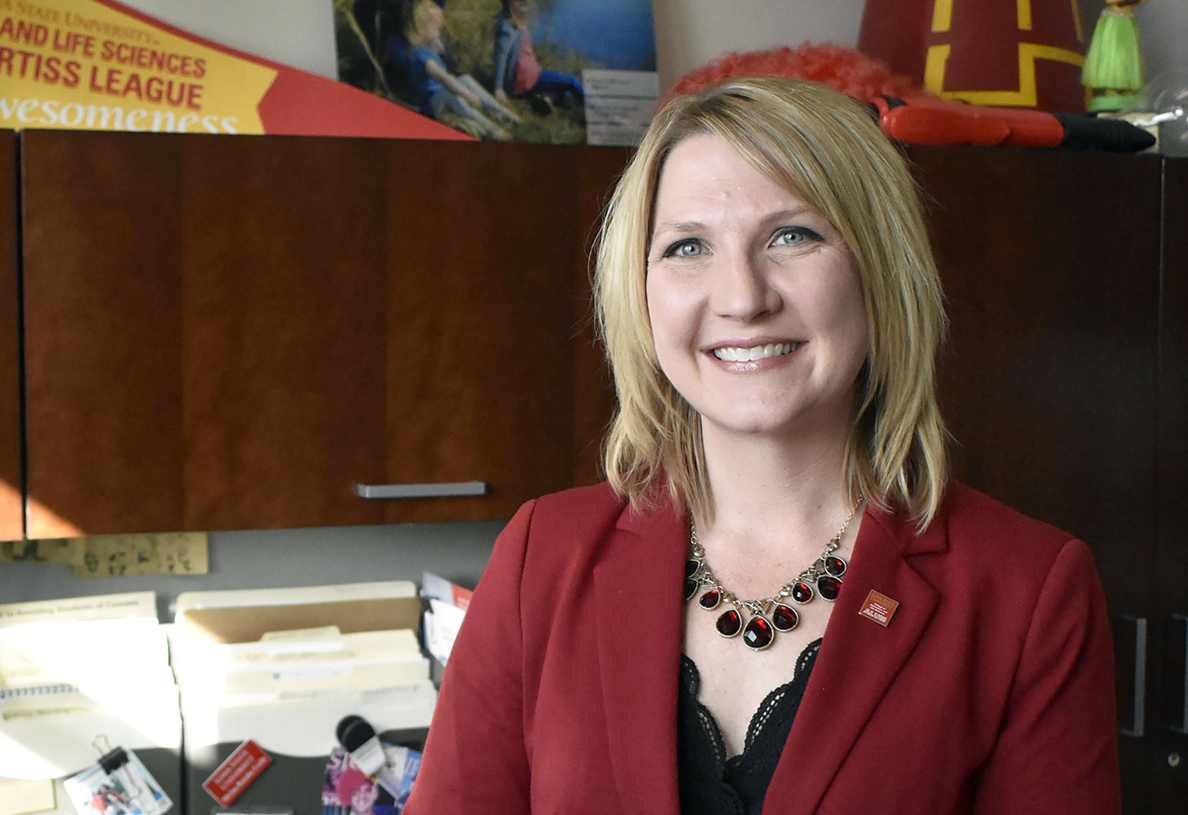
Foreword – Fall 2018
Carver was born into slavery. He came to Iowa and began his education at Simpson College studying music and art. He said, “It was at Simpson that I realized that I was a human being.”
It was at Iowa State that Carver realized he was a scientist, a teacher and an innovator.
Carver came to Iowa State in 1891 as the college’s first African American student. He earned a bachelor’s degree in 1894 and a master’s in 1896. Because of his excellence in botany and horticulture, he was appointed to the Iowa State faculty, becoming the university’s first African American faculty member.
In this issue we celebrate Carver’s living legacy. We highlight our faculty, staff and students serving others, mentoring students, conducting innovative research and creating a culture of inclusion.
Who knows? The next Carver could be walking among us right now on Iowa State’s campus, perhaps brushing shoulders with the next Henry A. Wallace. How their differences are valued in classrooms and labs, welcomed in study groups and clubs, and serve as strengths for internships and work experiences, will help chart the course for their success and pave the way for the profound impact they will make on society.
Ensuring a safe, welcoming environment is only the first step in how we help our students grow into the best version of themselves. May each student one day say, “It was in the College of Agriculture and Life Sciences that I realized I was a human being. And I realized you were, too.” Theressa Cooper leads this charge in the college. As Iowa State’s first college-level assistant dean of diversity, she’s made history. She’s helping to prepare the way for our students to do the same. Dr. Cooper offers her thoughts on keeping Carver’s legacy alive in this issue’s Voices essay on page 16.
Throughout this issue you’ll meet faculty mentors and student researchers working side-by-side, just as Carver did. One student whose story will always stay with me is Chris Salek (page 6). An active-duty veteran, Chris’ commitment to service, tenacious pursuit of an education and knack for research, has left a lasting impact on those who know him.
You’ll get a glimpse of Andrew Manu’s walk with Carver as the university’s George Washington Carver Chair on page 9. I believe his generous, gracious nature and his commitment to education reflects the soul of our college. As Dr. Manu says: May we live to meet an iota of Carver’s standards as teachers, as scientists and as humanitarians.



